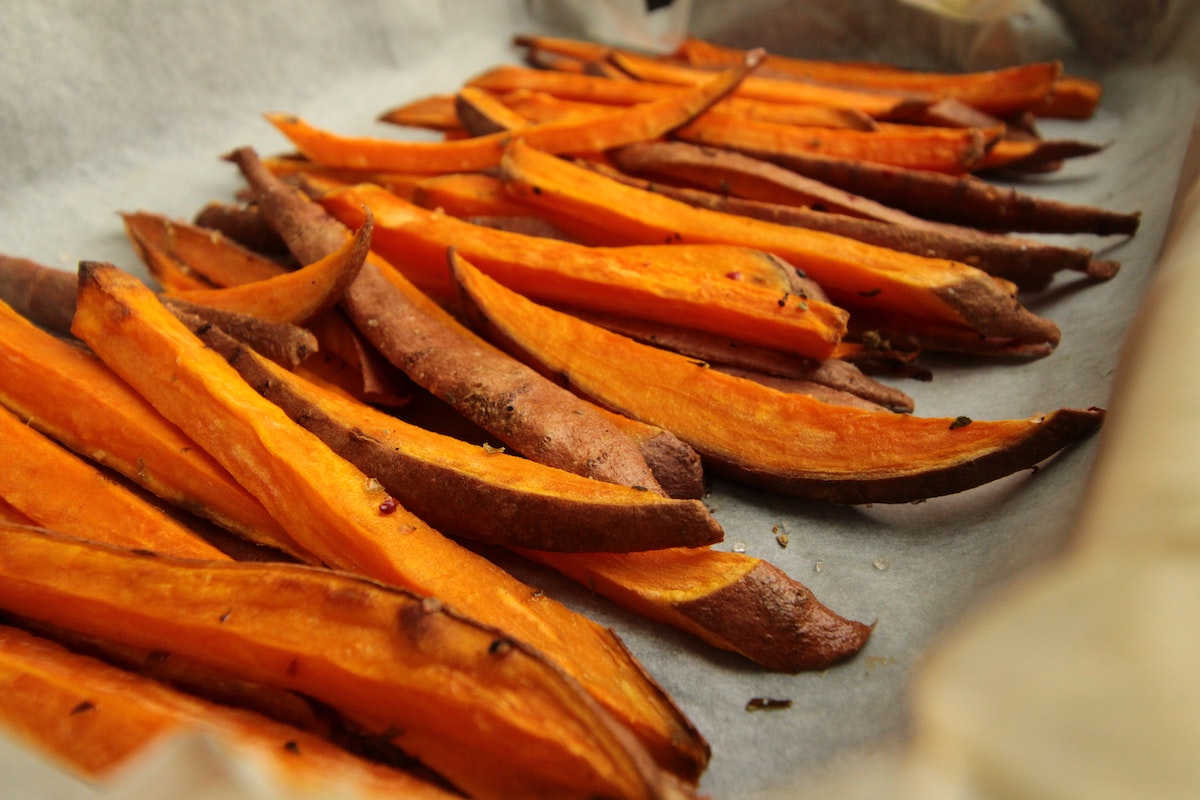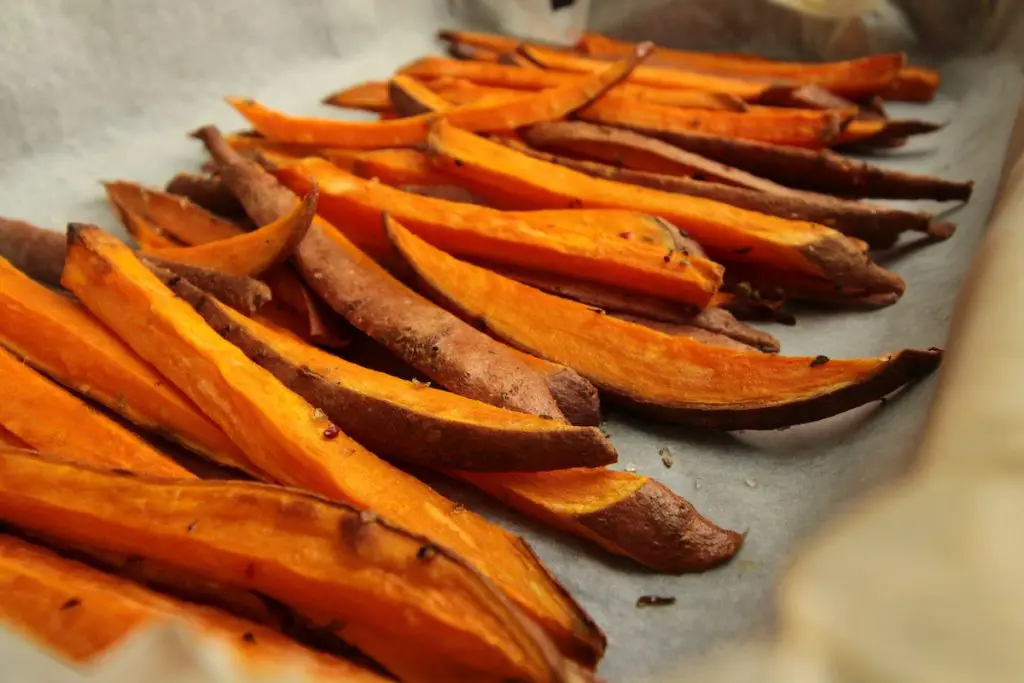
Newsletter Subscribe
Enter your email address below and subscribe to our newsletter

Enter your email address below and subscribe to our newsletter

As a chef who has worked in Michelin-starred restaurants, I have come across countless recipes that call for sweet potatoes. While sweet potatoes are nutritious and delicious vegetables, they can be difficult to find or may not be to everyone’s taste.
In this guide, I will share with you some of my favorite sweet potato substitutes that will satisfy your cravings and add variety to your meals.

When looking for substitutes for sweet potatoes, it’s important to consider their taste and health benefits. Sweet potatoes have a unique sweetness, creaminess, and earthiness that can be difficult to replicate. However, many other root vegetables and squash have similar qualities, making them great substitutes.
Sweet potatoes are an excellent source of vitamins A and C, fiber, and antioxidants, as Healthline claims. You should choose substitutes that offer similar nutritional benefits.
Butternut squash is a great substitute for sweet potatoes due to its slightly sweet flavor and texture. It can be used in a variety of dishes such as soups, stews, and casseroles. It is also low in calories and high in fiber and vitamin A.
Carrots are another great substitute for sweet potatoes. They have a slightly sweet and earthy taste and are great in soups, stews, and roasted vegetable dishes. Carrots are also a good source of fiber, vitamin A, and potassium.
Pumpkin has a similar texture and flavor to sweet potatoes, making it a great substitute. It is delicious roasted, pureed, or baked in dishes such as pies and casseroles. It is also high in fiber and vitamin A.
Butternut pumpkin is another great substitute for sweet potatoes. It has a similar sweet and nutty flavor and is perfect for roasting, soups, and stews. Butternut pumpkin is also low in calories and high in fiber, vitamin A, and potassium.
Acorn squash is a perfect substitute for sweet potatoes due to its slightly sweet and nutty flavor. It is great roasted or pureed in soups and stews. Acorn squash is also high in fiber and vitamin A.
Parsnips are another great substitute for sweet potatoes. They have a slightly sweet and earthy taste and are perfect in soups, stews, and roasted vegetable dishes. Parsnips are also high in fiber, vitamin C, and potassium.
Yuca, also known as cassava, is a great substitute for sweet potatoes due to its starchy texture and mildly sweet flavor. It can be boiled, roasted, or fried and is perfect in dishes such as stews and casseroles. Yuca is also a good source of fiber and vitamin C.
Turnips are a great substitute for sweet potatoes due to their slightly sweet and earthy flavor. They can be roasted or pureed in soups and stews. Turnips are also a good source of fiber, vitamin C, and potassium.
Plantains are another great substitute for sweet potatoes. They taste sweet and starchy and can be boiled, roasted, or fried. They are perfect in dishes such as stews and casseroles. Plantains are also a good source of fiber and vitamin C.
Kabocha squash is a perfect substitute for sweet potatoes due to its sweet and nutty flavor. It can be roasted or pureed in soups and stews. Kabocha squash is also a good source of fiber and vitamin A.
While regular potatoes can be used as a substitute for sweet potatoes in some dishes, they have a different flavor and texture.
Most of the substitutes listed are similar in terms of nutritional value to sweet potatoes. However, some may be lower or higher in certain nutrients.
Yes, these substitutes can be used in most sweet potato recipes.
In conclusion, while sweet potatoes are a beloved and versatile ingredient, there are many delicious substitutes available that can add a unique twist to your dishes.
From the nutty flavor of parsnips to the rich texture of butternut squash, there are numerous options to experiment with.
Whether you are looking to switch up your weekly meal plan or have run out of sweet potatoes, don’t be afraid to try out some of these substitutes for sweet potatoes in your next recipe.